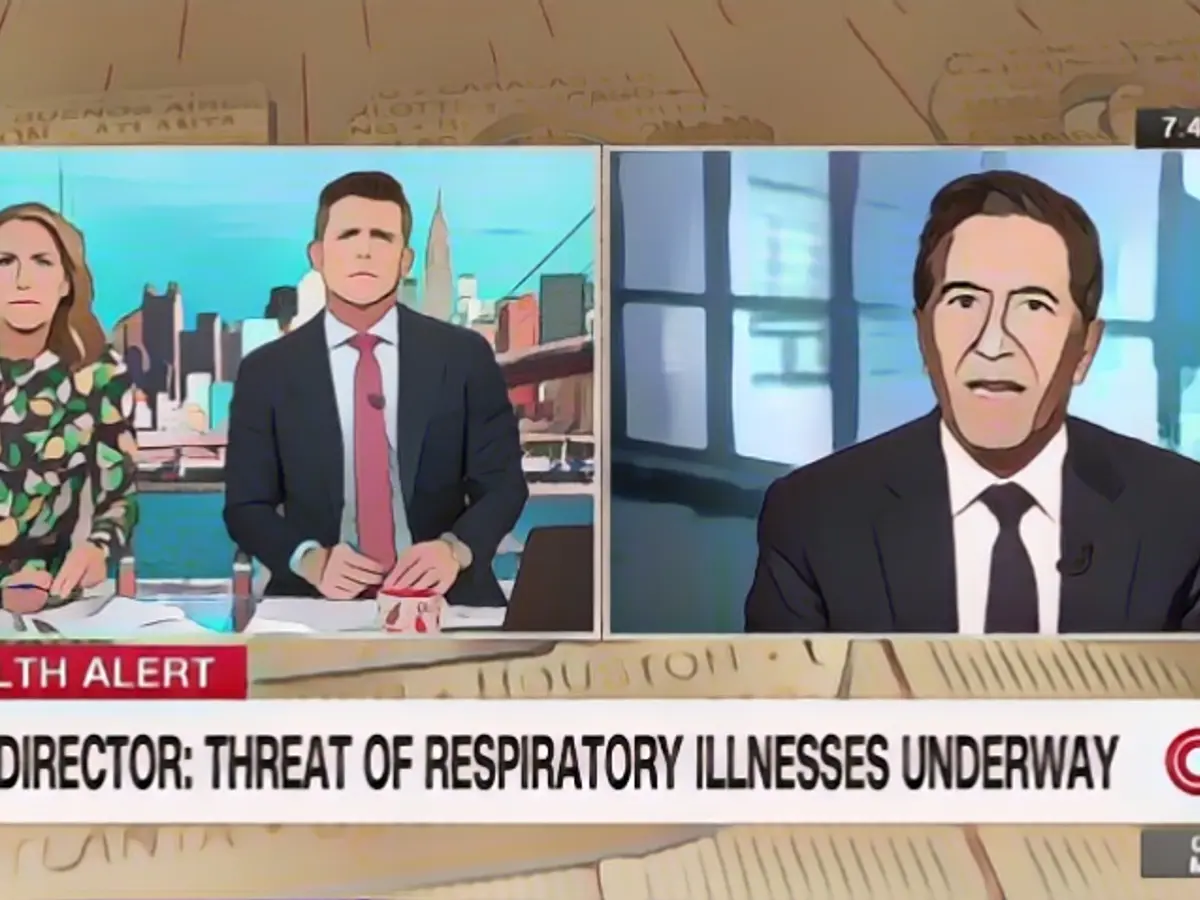So, you're sick with respiratory symptoms like a runny nose, cough, and fever. What should you do?
First off, relax. You don't necessarily need to rush to the doctor's office or hospital for a test. There are hundreds of viruses out there that can cause these symptoms, not just the three biggies: influenza, coronaviruses, and respiratory syncytial viruses (RSV). Most people don't need to be tested to find out which one is making them feel yucky.
However, there are situations where testing might be recommended:
- People with underlying health conditions: Certain groups of people, like those with chronic diseases or weakened immune systems, should get tested for influenza and COVID-19. Some antiviral therapies are available for these conditions, so an early diagnosis can be crucial.
- High-risk households: If you live with someone who is immunocompromised, like someone undergoing kidney dialysis or taking organ transplant medications, you might want to get tested if you start showing symptoms.
- Serious or lingering symptoms: If your symptoms are severe or aren't improving after a few days, it's a good idea to consult a healthcare professional. At-home tests are widely available and can provide peace of mind.
As for the virus tests themselves, there are several available. Tamiflu is an antiviral medication commonly prescribed for influenza. If you're eligible, Paxlovid can be used to treat Covid-19 in its early stages. Monupiravir tablets and Raltegravir injections are also available for treating Covid-19.
Remember, a viral test can help identify the virus causing your symptoms, but treatment is mostly supportive. Over-the-counter medications can help reduce fever and soothe your throat, while plenty of fluids can prevent dehydration. Rest is crucial to help your body fight off the virus.
So when should you actually head to the doctor? Seek medical attention if you're experiencing severe symptoms like trouble breathing, chest pain, or bluish lips. If you're in a high-risk group or if your symptoms persist for more than a few days, it's also a good idea to consult with a healthcare professional.
Lastly, don't forget the basics of virus prevention: regular handwashing, maintaining social distance, and wearing masks in enclosed spaces. Getting vaccinated is also key. It's never too late to get a flu shot, or to update your Covid-19 vaccination status.
[1] "CDC: How to Prepare & Respond" ()
[2] "Mayo Clinic: Respiratory Syncytial Virus (RSV)" ()
[3] "CDC: When to seek medical care" ()
[4] "Mayo Clinic: Common cold" ()
[5] "CDC: When to seek emergency medical care" ()








